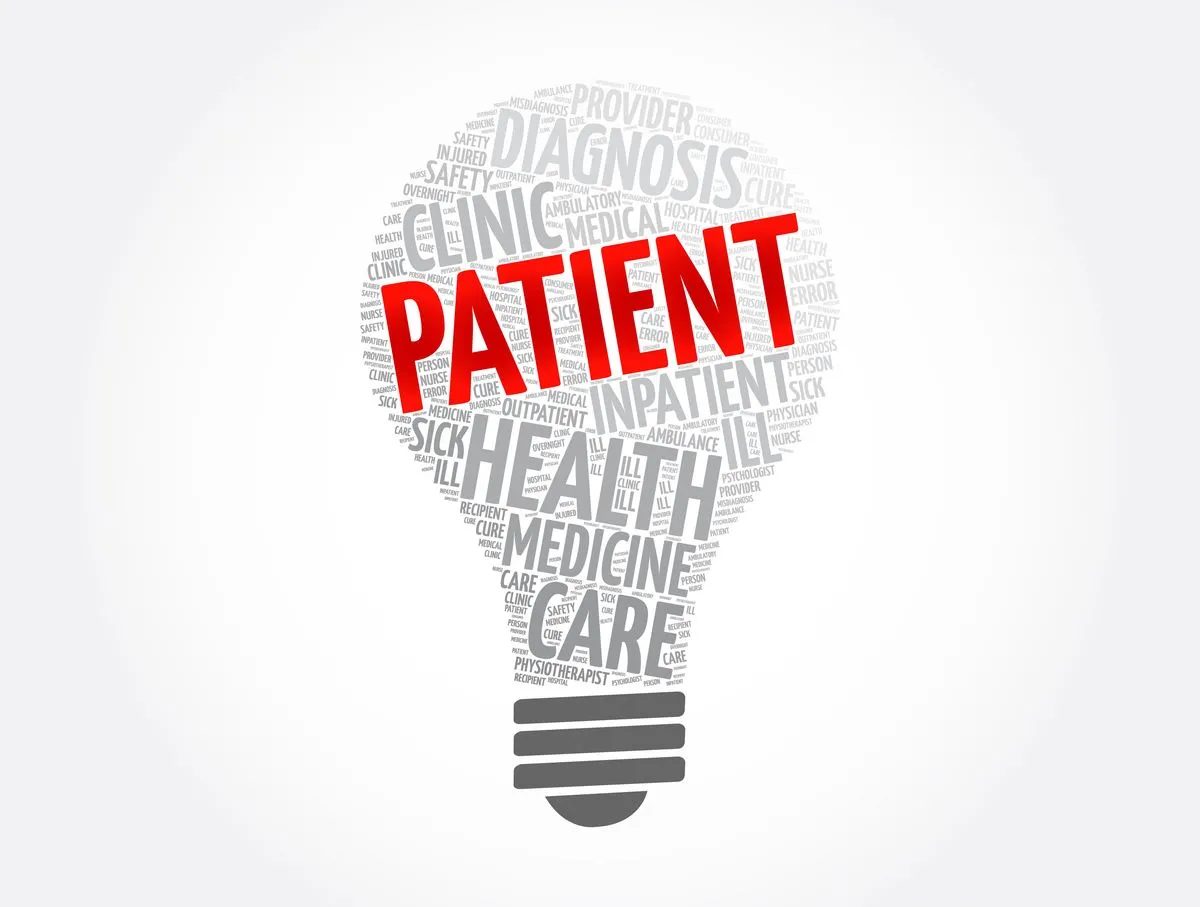Recently, I had the pleasure of interviewing Thomas Smith, a patient advocate living with Cystic Fibrosis. As a Solution Consultant, I have spoken with many sponsors and CROs who are looking to implement patient convenience solutions like ClinCard and ConneX, to make it as easy as possible for patients to take part in clinical trials. In order to truly support patients, we as an industry need to understand their experience and perspective. Thomas is fighting for just that – to give patients around the world a voice in their own healthcare journey. I found Thomas’ insights invaluable, and I am sure you will too.
John: During our conversation, you mentioned that you have Cystic Fibrosis. However, you had never taken part in a clinical trial. Did you know about clinical trials? What prevented you from participating?
Thomas: I can’t remember exactly how long ago it was, but I believe it was while I was still in school that I first learned about clinical trials. I was at home, reading through literature, and I remember some sort of compensation was involved. It wouldn’t be the first time that my illness cost me money. However, I could not participate since both of my parents were medics. I understand that there is a need for sponsors to have data that is reliable, objective, and so forth. But looking back now, it does seem like an extreme risk aversion.
John: You have an interesting point of view – that of someone living with a condition as well as advocating for others with a rare disease. In the past, you have participated in an ethics committee. Do you mind sharing what your role was there?
Thomas: In the UK, the Research Ethics Committee is run by the Health Research Authorities (HRA), a subdivision of the National Health Services (NHS). One of the biggest issues the HRA and the ethics committee face is that people don’t know what they are or what they do. So, my journey was similarly convoluted.
I am a Cystic Fibrosis patient. I had my first lung transplant assessment when I was 17 or 18, although I still haven’t had one. But when you have that assessment, part of the process is psychological. They ask questions like “Can this person cope with the survivor’s guilt?” and “Do they have a support network?”. So, I had a psychological evaluation with a therapist. It was he that introduced the ethics committee to me. He asked if I had ever heard of it and if I’d be interested in participating. Though I was not familiar, I pursued the voluntary role and joined.
My job was to assess the ethical integrity of applications, whether for a Ph.D. thesis, a clinical trial, a device, or real-world evidence – you name it, we looked into it. For example, I worked with the HRA to increase the standard of patient engagement that is required to secure ethical approval. I reviewed four to five applications a month; each would take me between two and three hours to get through.
John: In the U.K., it is a challenge to get a referral to a specialist from a G.P., however, it is typically the specialist that recommends you to participate in a trial should one be available. How have you seen different populations discover more about personal health options?
Thomas: We should focus our efforts on making patients aware that trials exist, where they can find the information, etc. We have to push the fact that they need to take matters into their own hands.
Resources and support often differ by therapeutic area. If it’s a more common and less severe condition, the population may not need as much support. But for those with a burdensome and/or super rare disease, there is typically a strong grassroots community attached to it. These organizations (e.g., disease foundations) are critical to patient education.
In general, I believe in self-advocacy and taking responsibility for one’s own journey. I gave a lecture on patient engagement to a pharmaceutical company in France a few months ago where I spoke about the doctor-patient relationship – the first record dating back to ancient Egypt in 2700 B.C. However, even with approximately 5,000 years of the doctor-patient relationship, it only began to change in the last 20 years regarding advocacy and engagement. So, we still have a long way to go. Ultimately, it’s about patients being advocates for themselves and recognizing that they are equal stakeholders in conversations related to their healthcare.
John: I never thought about the historical perspective. That is interesting! You talk about helping patients find trials and how they can become aware of their health rights and charting their journey. Have you been involved in conversations about what it takes to keep patients engaged in a trial once enrolled?
Thomas: Patients want to hear information from other patients, preferably in their disease community. It’s more trustworthy and relatable. For example, in some of the work I did with the research ethics committee, participant information sheets would be 7,000 or 8,000 words long. While comprehensive, when it comes to informing the patient, they often miss the mark. There is, however, a renewed and focused interest in changing that.
We need to make trial information as interesting and engaging as possible. Can we look into better plain language tools and gamification? The good news is there are a lot of things we can work on to improve this process. The key will be figuring out a way to do it legally, safely, and responsibly, which isn’t easy.
John: With that in mind, what are your thoughts regarding clinical trial payments and reimbursements?
Thomas: The conversation around compensation, rewards, etc., is constantly evolving. The idea that you should participate in a clinical trial purely to support your disease community and without compensation is ridiculous. From a moral point of view, it holds water, but you can’t pay your car finance with morals. I understand that people want to contribute to something bigger than themselves, but they also want to be able to improve their own situation. They might want to increase their standard of living and the length of their life and relieve the burden of their disease. People participate for all kinds of reasons, but it should never cost them anything apart from their time – if they are happy to sacrifice that. The traditional approach is outdated, but I also understand that it is a complex topic of how to mitigate the impact of a trial on someone’s life.
John: That’s great insight. Could you talk about your mission today and what you are doing to help make healthcare better for rare diseases?
Thomas: My mission is difficult because I am addicted to opportunity and progress. My responsibility is to be someone in the U.K. who has done every bit of training on advocacy and engagement. I want to be the flag carrier – to set a new standard – and I also want to ease my own life. My life has changed dramatically already, but I want to continue.
Patients have no idea of the power they have and the change they can make, and I hope that I can help demonstrate to other people what could be done. Bolstering the patient’s voice benefits more than just patients – it benefits solution providers, pharma sponsors and sites. So, it is a win-win-win if patient engagement and advocacy becomes a greater focus. And ultimately, I feel that is why I have a future in it.


